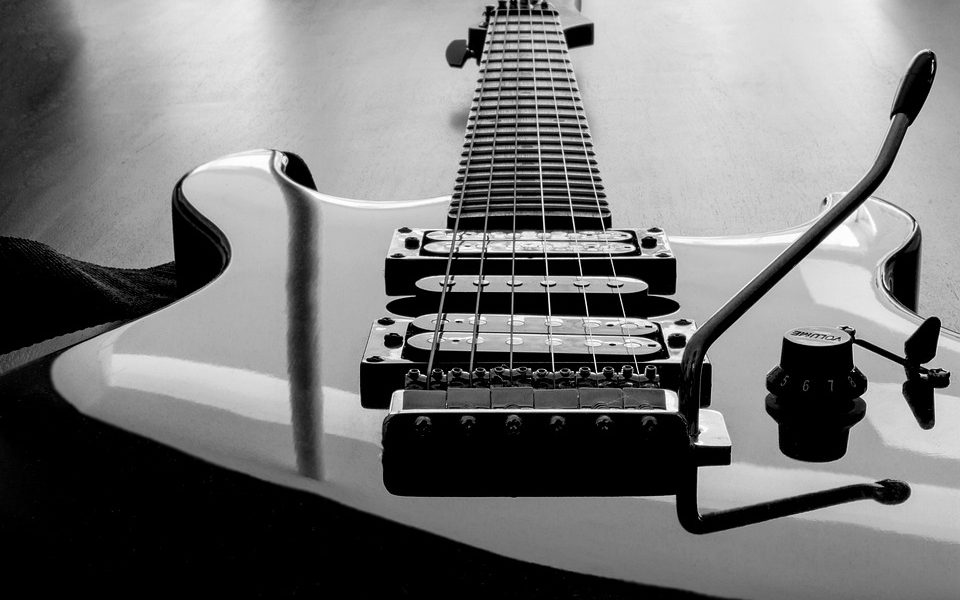Enhance Your Musical Skills: Guitar Tips for Ear Training
Enhance Your Musical Skills: Guitar Tips for Ear Training
As a guitarist, one of the most important skills you can develop is ear training. This is the ability to hear and recognize different musical elements such as pitch, chords, melodies, and rhythms. By honing your ear training skills, you can improve your ability to play by ear, improvise, and communicate with other musicians. In this article, we will discuss some tips and techniques to help you enhance your musical skills through ear training.
1. Start with the basics
The first step in ear training is to familiarize yourself with the basics of music theory. This includes understanding concepts such as pitch, intervals, chords, and scales. By learning these fundamental elements of music, you will be better equipped to identify and reproduce them when playing the guitar.
2. Practice listening
A key aspect of ear training is developing your listening skills. Make a habit of actively listening to music, paying attention to the different elements that make up a song. Try to identify chord progressions, melodies, and rhythms in the music you are listening to. You can also try to transcribe songs by ear, which involves figuring out the notes and chords used in a song without consulting sheet music.
3. Sing along
Singing is a great way to improve your ear training skills. By singing along to melodies and chords, you can develop a better sense of pitch and intervals. This can help you internalize the musical elements you are hearing and make it easier to reproduce them on the guitar.
4. Play by ear
One of the best ways to improve your ear training skills as a guitarist is to learn to play by ear. This involves figuring out songs and solos by listening to them and then playing them on the guitar without referencing sheet music or tablature. Start by identifying the key of the song and then work on picking out the individual notes and chords. This can be a challenging but rewarding exercise that will help you develop your musical intuition and improve your ability to improvise.
5. Use technology
There are many software programs and apps available that can help you with ear training. These tools can provide exercises and drills to help you develop your listening skills and recognize different musical elements. Some apps even allow you to practice identifying chords and intervals by ear. Consider incorporating these tools into your practice routine to help you improve your ear training skills.
6. Practice regularly
Like any other skill, ear training requires practice and repetition. Make ear training a regular part of your practice routine, setting aside dedicated time each day to work on listening exercises and transcribing music. Consistency is key when it comes to developing your ear training skills, so make sure to practice regularly and stick with it.
7. Collaborate with other musicians
Playing with other musicians is a great way to improve your ear training skills. By jamming with other guitarists or joining a band, you can practice listening and responding to what other musicians are playing. This can help you develop your ability to play by ear, improvise, and communicate with other musicians.
In conclusion, ear training is an essential skill for any guitarist looking to enhance their musical abilities. By practicing listening, singing, playing by ear, using technology, and collaborating with other musicians, you can improve your ability to recognize and reproduce different musical elements. Incorporate these tips and techniques into your practice routine to help you develop your ear training skills and become a more versatile and accomplished guitarist.






